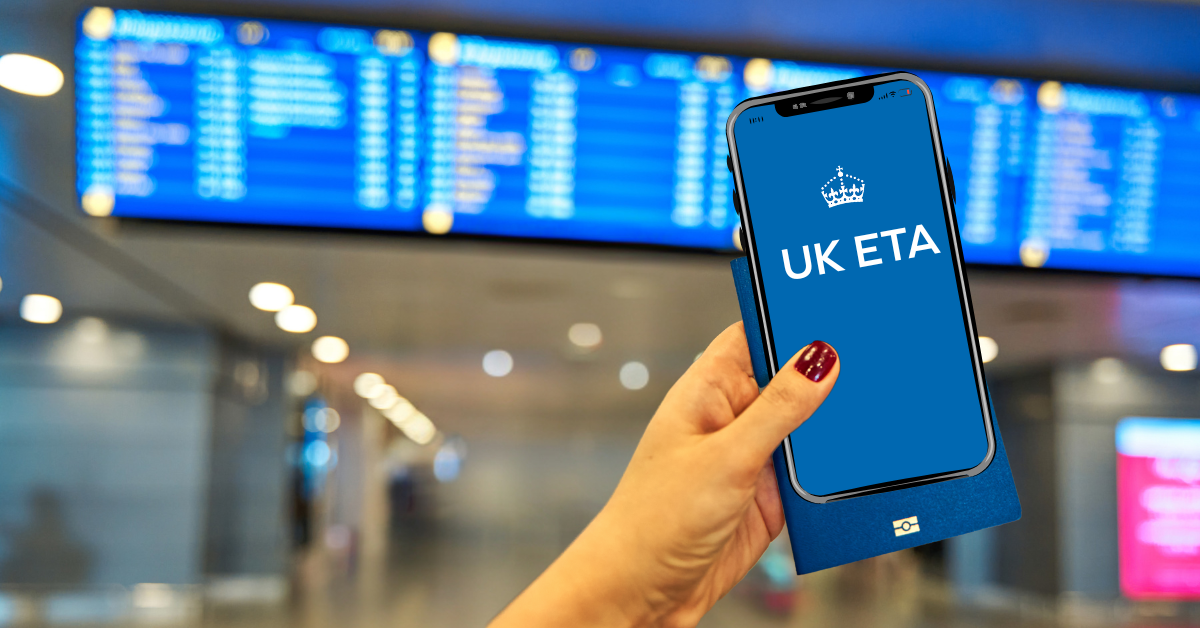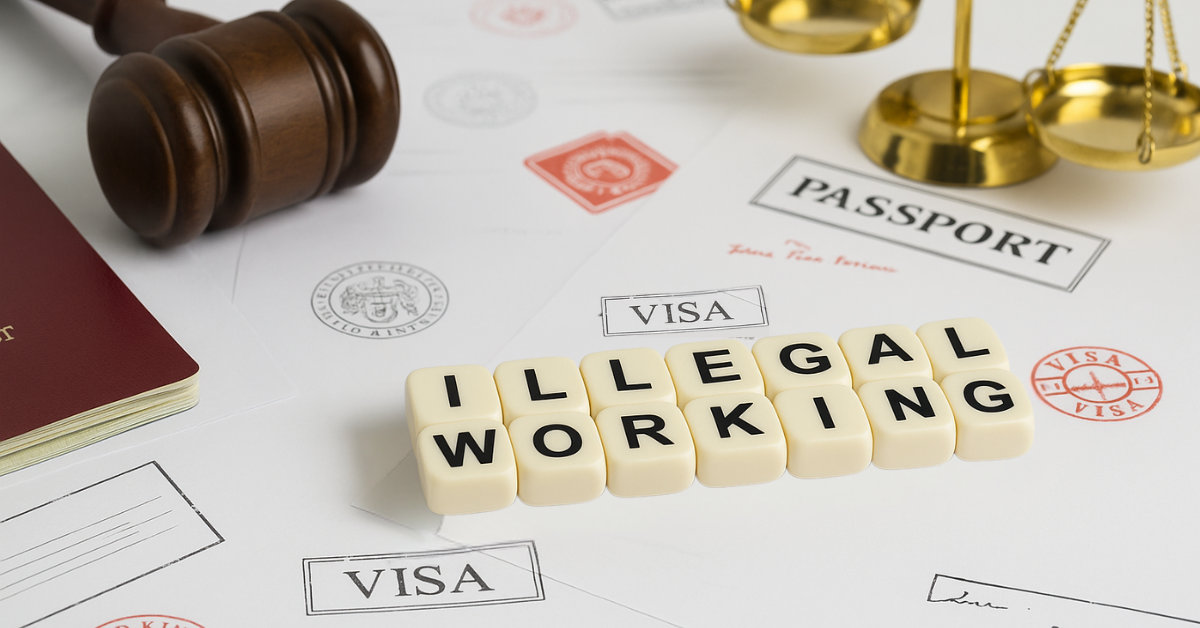
Understanding Your Rights and Conditions on a UK Skilled Worker Visa in 2025
Discover the essential rights, responsibilities, and recent updates for UK Skilled Worker visa holders in 2025, including employment conditions, supplementary work, and ILR eligibility.

Shehzad Babar
The UK Skilled Worker visa offers international professionals the opportunity to work in the UK. However, it's crucial for visa holders to understand their rights and obligations to maintain compliance and make the most of their stay. This guide outlines key aspects of the Skilled Worker visa in 2025, including employment conditions, supplementary work allowances, implications of employment changes, and the path to Indefinite Leave to Remain (ILR).
Employment with Your Main Sponsor
Upon receiving a Skilled Worker visa, you are required to work for your sponsoring employer as specified in the terms of your Certificate of Sponsorship (CoS) for the entire duration of your visa. This includes adhering to the designated role, occupation code, and salary.
Commencement of Employment
In accordance with the relevant guidance, you must begin your sponsored employment no later than 28 days after the latest of:
-
The start date on your CoS (considering any reported changes).
-
The "valid from" date on your entry clearance vignette.
-
The date you are notified of your grant of entry clearance or permission to stay.
Delays beyond this period must be reported via the Sponsorship Management System (SMS), providing reasons for the delay. The UK Visas and Immigration (UKVI) will assess the validity of the reasons, and unacceptable delays may lead to sponsorship withdrawal.
Changing Jobs or Sponsor
If you intend to change your job to a different occupation code or switch sponsor, you must apply to update your Skilled Worker visa and pay the associated fees. This ensures your new employment aligns with visa requirements.
Supplementary Employment Opportunities
In accordance with UKVI guidance, you are permitted to undertake additional work under specific conditions:
-
The supplementary job must be in one of the specified occupations in the immigration rules.
-
You can work up to 20 hours per week in the supplementary role.
-
The additional work must occur outside your primary job's working hours.
Previously, supplementary employment had to be in a shortage occupation or in the same profession as the job on your CoS. However, as of 4 April 2024, these rules have been relaxed, allowing more flexibility for visa holders, including those granted visas before this date.
Self-Employment Considerations
While UKVI guidance is limited regarding self-employment, the guidance on Gov.uk states that you may work up to 20 hours a week for your own business, provided you continue in your sponsored role. It's advisable to maintain thorough records of such activities in the event of UKVI enquiring into the matter and to avoid falling foul of the rule, particularly in the absence of any further guidance from UKVI.
If the above requirements on supplementary employment are met, you do not need to inform the Home Office before proceeding with the supplementary employment.
Implications of a Sponsor Losing their Licence or Employment Termination
Should your sponsor lose their licence or your employment end earlier than the end date on your COS (for example due to dismissal or redundancy), UKVI has discretion to cancel your leave, in accordance with its guidance.
In the case of termination of employment specifically, your sponsor is obligated to report the termination on the Sponsorship Management System (SMS) within 10 working days, providing your last known contact details.
In case of either the sponsor losing their licence or termination of employment, typically, you would have 60 days from the date of notification to find new sponsorship or leave the UK, unless it is deemed appropriate for any reason by UKVI to cancel leave with immediate effect or to a different date.
In such situations, you may potentially have a claim against your sponsor under employment law and should in such circumstances seek legal advice, should you wish to pursue any such claim, Acas may be a first port of call in such circumstances.
Eligibility for Indefinite Leave to Remain (ILR)
You will become eligible to apply for ILR, also known as settlement, once you have accumulated a continuous period of 5 years in the UK which must consist of time on any of, or any combination of the specified routes which includes the Skilled Worker, Global Talent and Innovator Founder routes, among others.
Eligibility Criteria
-
Continuous Residence: You must not have been outside the UK for more than 180 days in any 12-month period during the qualifying period.
-
Absence Exceptions: Certain absences, may be exempt from the 180-day limit, such as
-
travel disruptions due to pandemics like Covid-19
-
compelling personal circumstances such as life-threatening illness of the applicant or death of a close family member
-
-
Continuous Residence will be broken by:
-
periods of imprisonment and other adverse immigration and criminal history
-
periods of any overstaying in the UK subject to the exception for overstaying contained at Rule 39E of the rules
-
-
-
Knowledge of Life in the UK: Passing the Life in the UK test is mandatory.
-
Employment and Salary: You must be employed by your sponsor, who confirms the intention to continue the employment, and you must meet the minimum salary requirements as specified by UKVI.
Application Process
The application for ILR can be submitted within 28 days preceding the date on which your 5-year continuous period is completed and may remain pending for up to 6 months unless priority or super priority service is purchased for an additional fee of £500 or £1000, respectively.
In case of priority service, a decision should be made within 5 working days of the biometric appointment, whereas in case of super priority service, by the end of the next working day following the appointment or 2 working days thereafter if the appointment falls on the weekend.
Conclusion
Understanding and adhering to the conditions of your Skilled Worker visa is crucial for maintaining your legal status in the UK and progressing towards permanent residency. Staying informed about your rights and responsibilities ensures a smoother experience and helps avoid potential complications.
If you need further assistance with visa matters or have specific questions about your situation, feel free to contact us! Our immigration experts at Paragon Law are here to help.
🛑 The law applicable in this article is correct as of 28 April 2025. Immigration rules frequently change, and the information here may not reflect the latest legal position. For advice tailored to your specific circumstances, please contact us to arrange a consultation with our legal team.
Subscribe for updates

Important Update: UK eVisa Transition Period Extended to 1 June 2025
Not ready to talk? Our free immigration resources may have the answer to your questions
%20Visa%20Update%20New%20Route%20for%20Adult%20Children.png)
Hong Kong BN(O) Visa Update: New Route for Adult Children
%20(1).png)
British Citizenship Application: Requirements & Process (2026)
.png)
A Fairer Pathway to Settlement: UK Earned Settlement Explained

UK ETA Enforcement from 25 February 2026: What Travellers Need to Know

Global Talent Visa: Eligibility, Requirements and Application Process

Border Security, Asylum and Immigration Act 2025 – What Employers Need to Know
.png)
UK Immigration Rule Changes 2025: Visa and Settlement Reforms Explained
%20What%20Sponsors%20Need%20to%20Know%20(1).png)
Upcoming Increase to the Immigration Skills Charge (ISC): What Sponsors Need to Know



